-

Let Us Now Praise Robert McKee
•
As the script doctor steps off the stage, a look at his impact and storytelling lessons Years ago, when I was transitioning from academic life to nonfiction narrative writing, I attended Robert McKee’s immersive Story Seminar. For three days, I sat in a New York theater for a complete course from one of Hollywood’s…
-
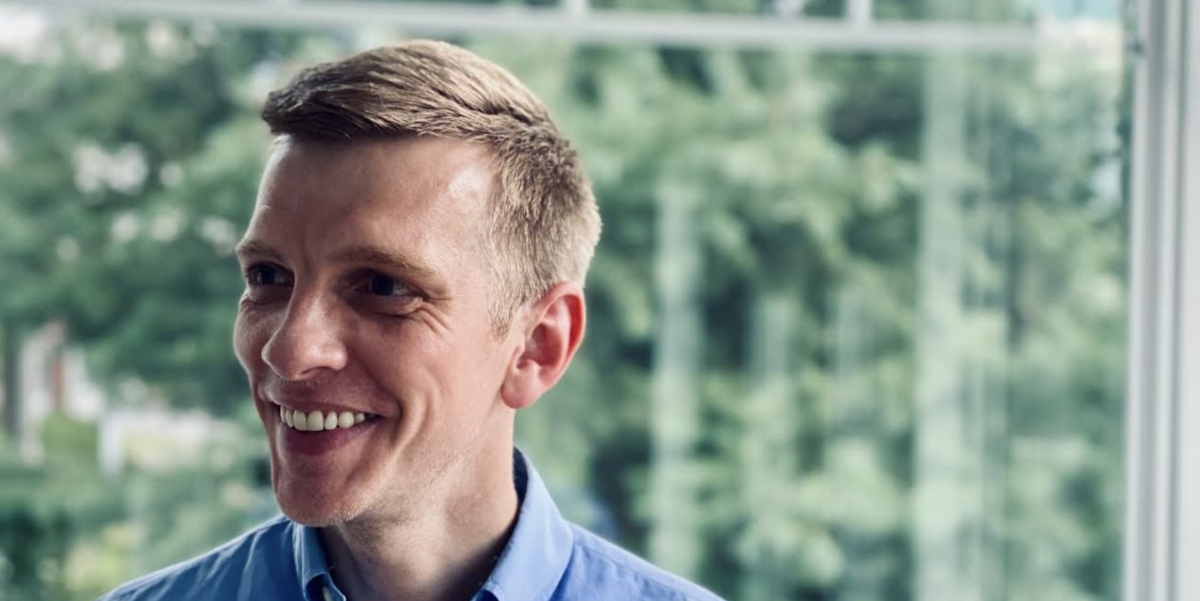
‘What If?’ Angus Fletcher on the Brain and Storythinking
•
What if (spoiler alert) all the wisdom of writing, storytelling, problem-solving, adventure, crisis management, and deep learning could be summed up in a two-word phrase? Thanks to Angus Fletcher, a leading authority on storytelling and the brain, we know that two-word phrase: “What if?” Fletcher, the author of the landmark work Wonderworks: Literary Invention and…
-
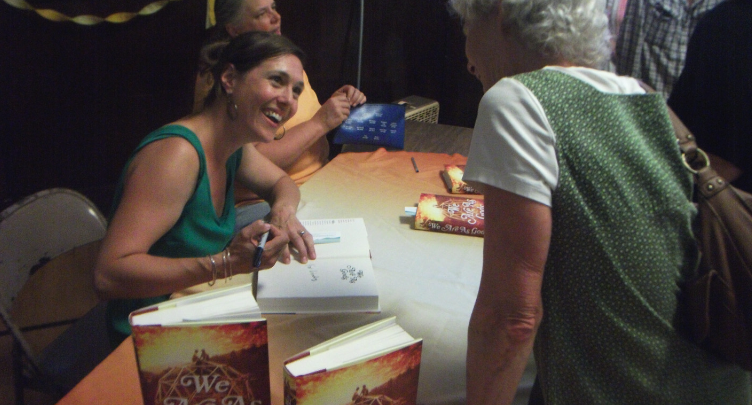
Kate Daloz on the Process of Researching and Writing
•
This is the second part of a two-part interview with Kate Daloz, a writing teacher at Columbia University and the author of We Are As Gods. You can find Part 1 here. Tell me about your writing process? When do you write—and what’s your process? The key part is just carving out time and…
-

Kate Daloz on Exploring a Bygone Era and Research as Me-Search
•
This is the first part of a two-part interview with Kate Daloz, a writing teacher at Columbia University and the author of We Are As Gods. You can find Part 2 here. Kate Daloz is the prototypical child of hippies—even if her parents abjure the term. She grew up in Vermont’s Northeast Kingdom when her…
-

John Truby’s Story Beats for 14 Genres
•
As John Truby says in The Anatomy of Genres, a genre is not just a familiar way of living in the world of stories. It is a system. Any system–from the biological system of the body or the internal combustion engine of a car–succeeds only when each of its component parts performs its job and…
-

John Truby on the New Rules of Genre Writing (Part 2)
•
This is the second part of a two-part interview with film guru John Truby. You can read the first part here. The sequence of genres could be arranged along Aristotle’s narrative arc, from the early basic challenge of survival to the ultimate development of the heart. In my mind Aristotle is probably the greatest…
-

John Truby on the New Rules of Genre Writing (Part 1)
•
This is the first part of a two-part interview with film guru John Truby. You can read the second part here. The idea of genre can be a touchy topic among writers. “Don’t classify me, read me,” Carlos Fuentes groused. “I’m a writer, not a genre.” Genre refers to a type of story–the kinds…
-
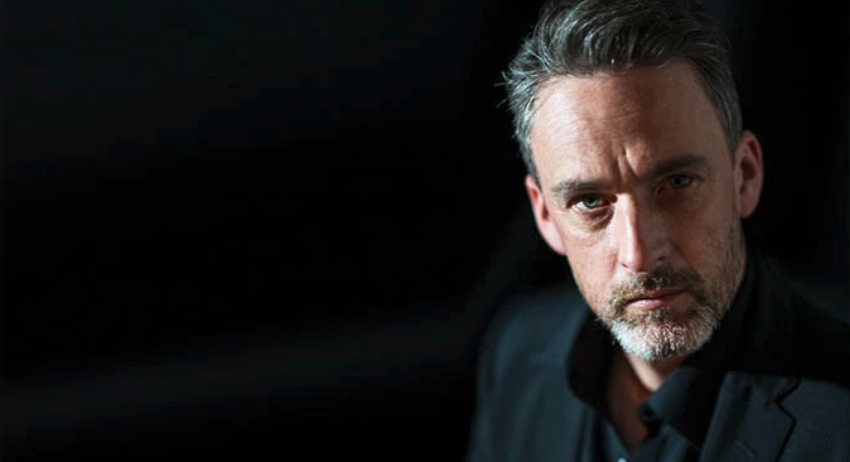
Will Storr on Storytelling, Writing, and the Brain
•
Will Storr is England’s Malcolm Gladwell–a polymath who uses stories to explore complex and compelling ideas. His books include The Heretics, Selfie, Will Storr vs. The Supernatural, and the Science of Storytelling. His latest, The Status Game, will be released in September. His is also author of a novel called The Hunger and The…
-
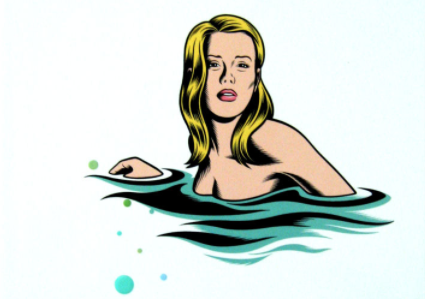
How To Draw Readers into the Story – Right Away
•
If you want a fun ride through the bizarro world of Florida, the modern spirit of destruction, and how ordinary people get pulled into wild tales of adventure, you can’t do better than Carl Hiaasen. Hiaasen is a columnist for the Miami Herald and a bestselling author. Everything he writes offers a clinic on…
-
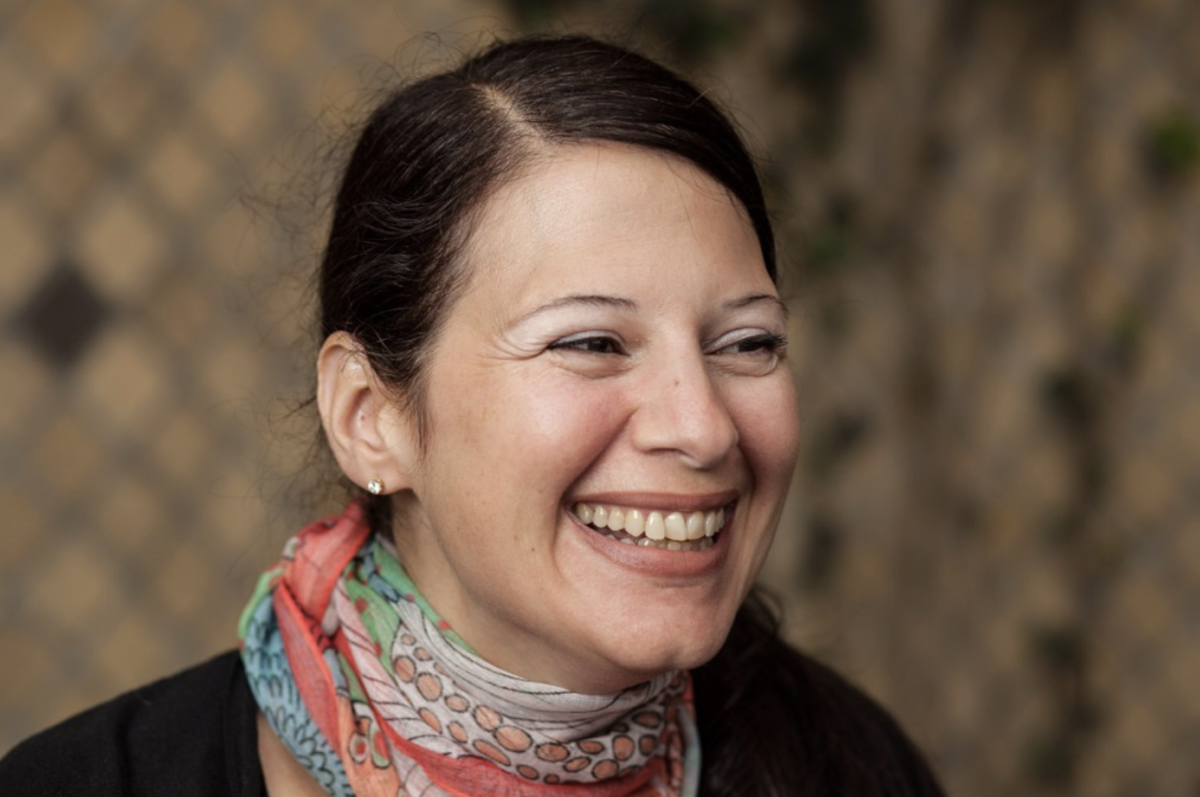
How Donald Trump’s Rhetoric Jazzes His Base … And Splits the Nation
•
Growing up in Detroit and northern California, Jennifer Mercieca used to watch the TV news with her father. Her dad, an autoworker, was an immigrant from Malta, about 60 miles from Sicily, which, she notes, is “the birthplace of rhetoric.” Over time, as she explored journalism and public affairs, she developed an interest in…
-
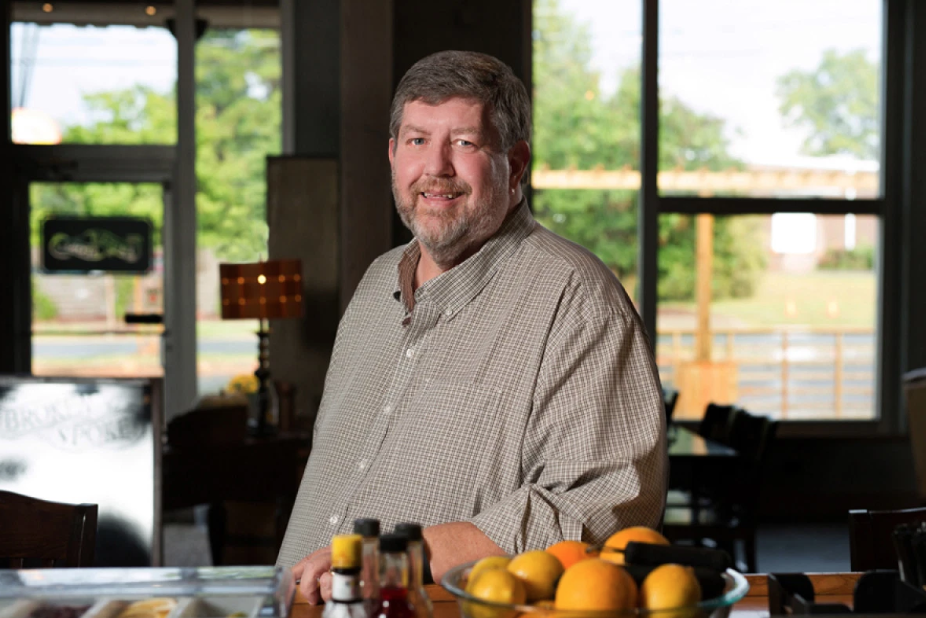
Tommy Tomlinson on the Craft of Writing
•
This is the second part of a two-part interview with the longtime columnist, author, and podcaster Tommy Tomlinson. You can find Part 1 here. You’ve devoted your whole life to being a writer. It shapes everything you do. How and why did you become a writer? Who were your greatest influences? I come from…
-

Tommy Tomlinson on Writing a Memoir About Obesity
•
This is the first part of a two-part interview with the longtime columnist, author, and podcaster Tommy Tomlinson. You can find Part 2 here. The challenge of philosophy, the ancient thinkers said, is to “know thyself.” But as he turned 50 in 2015, Tommy Tomlinson struggled with a different, more difficult question: How did…
-
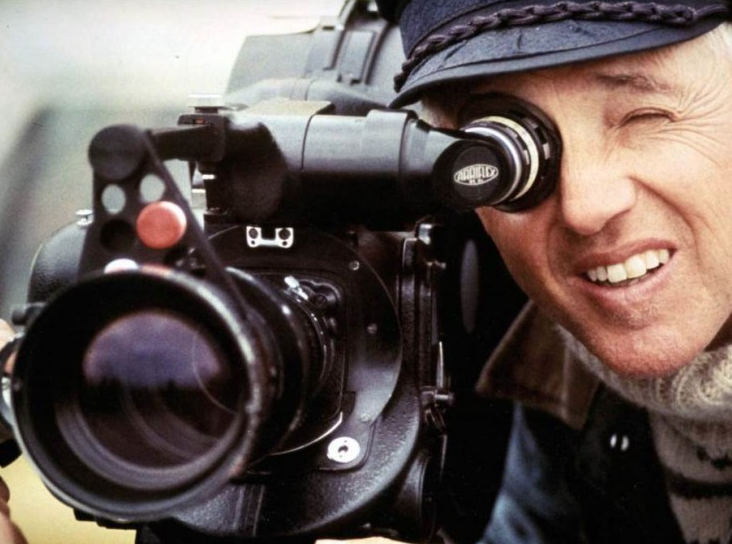
Haskell Wexler’s Lesson for Writers: Gather Lots and Lots of Materials … And Only Then, Organize and Write Your Piece
•
Maybe the greatest challenge of writing is what comes before writing: gathering materials. Often, we are so eager to put words to paper that we start drafting before we have the necessary materials — stories, portraits, facts, definitions, background information, and so on. We begin with a topic and then start to write what…
-
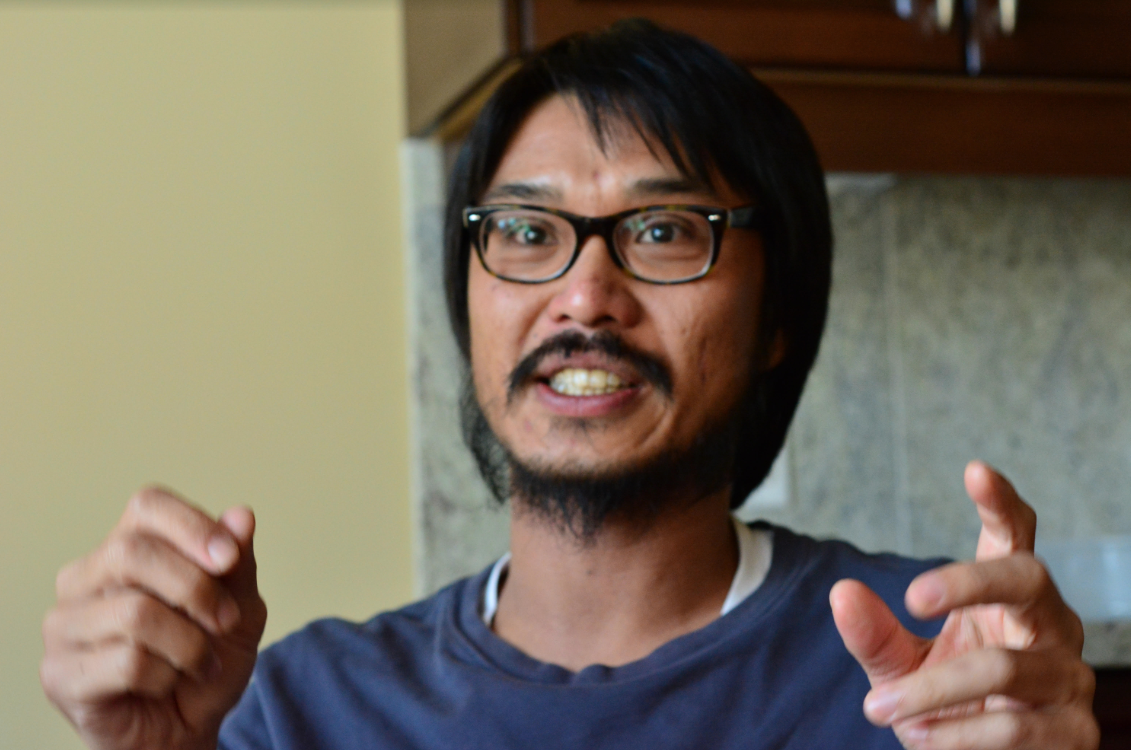
Edwin Wong on Risk and Tragedy: The Literary Power of High-Stakes Gambles, One-in-a-Million Chances, and Extreme Losses
•
Edwin Wong might be the most unusual literary critic and theater mogul you ever know. And he might be one of the most creative, too. His new book, The Risk Theatre Model of Tragedy, offers an update on (arguably) the most important form of literature. According to Wong, tragedy poses the same kinds of…
-
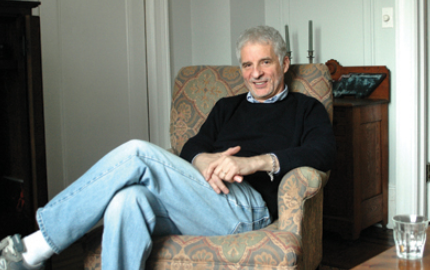
Daniel Menaker on Tragedy, Checking Facts, Writing, and the State of Publishing
•
Daniel Menaker likes stories that go “spooling off” in different directions, in unpredictable but necessary ways. His own life—as a red diaper baby, high school teacher, fact checker, editor, and writer—has had its own way of spooling off in different directions, sometimes tragically and sometimes humorously. Menaker’s first story treated, fictionally, the death of…
-
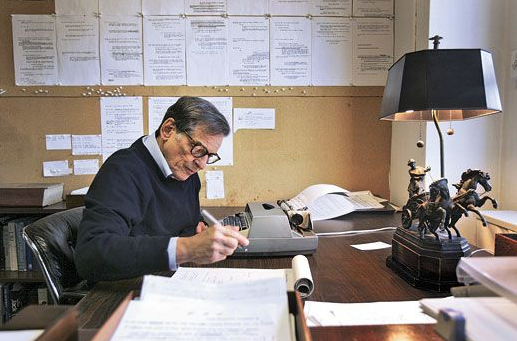
How He Does It: Robert Caro Explains His Research and Writing Process
•
So far, Robert A. Caro has published 4,816 pages of detailed, riveting history in five books–the first about New York’s master planner Robert Moses (The Power Broker), the next four about the life and times of President Lyndon Johnson (The Path to Power, The Means of Ascent, Master of the Senate, and The Passage…
-
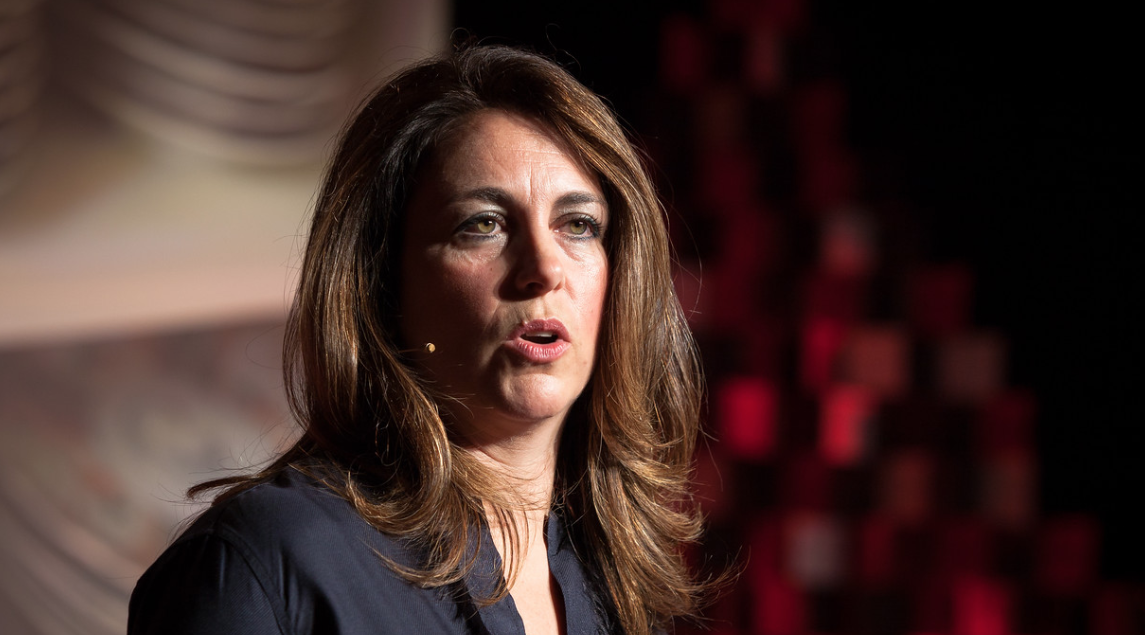
Tina Cassidy on Beats, Book Topics, Foils, and Plotting
•
Like other journalists of this late-print/early-digital age, Tina Cassidy has taken on a number of challenges as a writer. And more than most, she has succeeded. Cassidy was a reporter for ten years at The Boston Globe, where she covered business, politics, and fashion. A Rhode Island native, she published articles in the Providence Journal…
-
The Story of Bill Nack’s Classic Farewell to Secretariat
•
I wrote this brief tribute after Bill Nack died in 2018. When I think of Bill Nack, I want to call him one of the great sportswriters of our time. But he was really one of the great writers, in any field, of our time. The reason is threefold. First of all, he was…
-
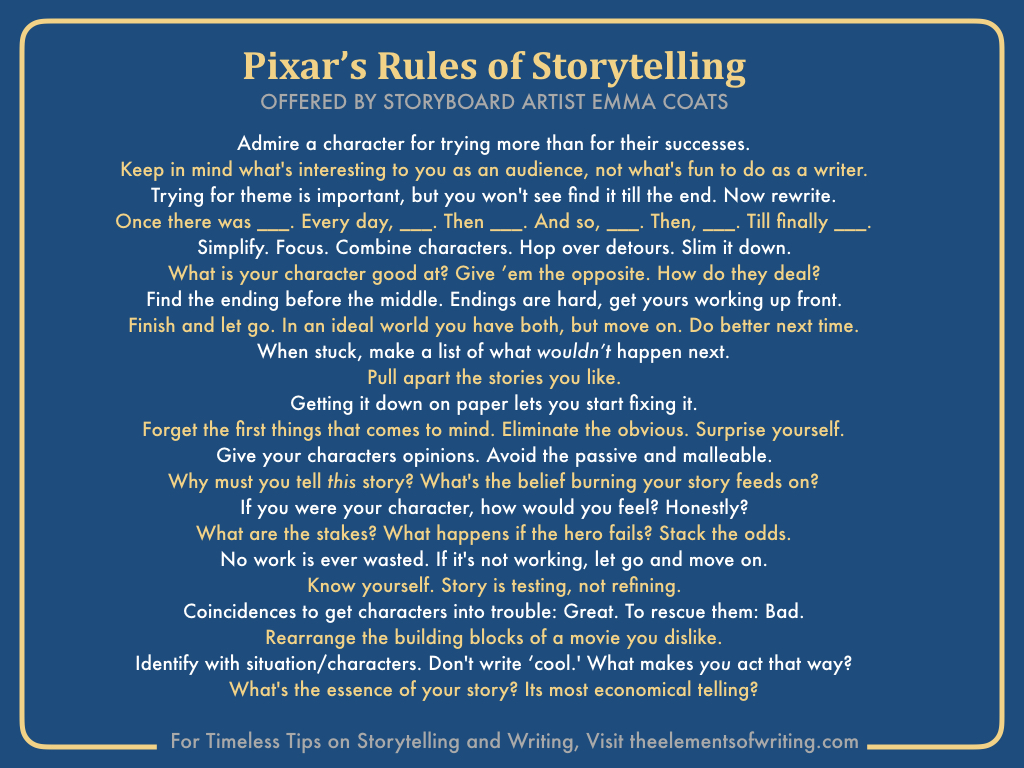
That Pixar Storytelling List
•
So how does Pixar find its pixie dust? Magic? Inspiration? The Law of Attraction? Um, nope. It’s hard, grinding work, with the insistence on getting all the big things — and all the little things — right. The process can hurt some precious feelings along the way. But it works. The storyboard artist Emma…
-
Laura Zigman on Make-Believe and True Stories, Writing Routines, Story Structures, and Adaptation
•
Laura Zigman paid her dues before hitting the literary jackpot. Early in her career, she was a publicist for a number of major presses, including Times Books, Vintage Books, and Alfred A. Knopf. As she did her day job, she labored on her first novel, Animal Husbandry (1998), a comedy of errors about the mating…
